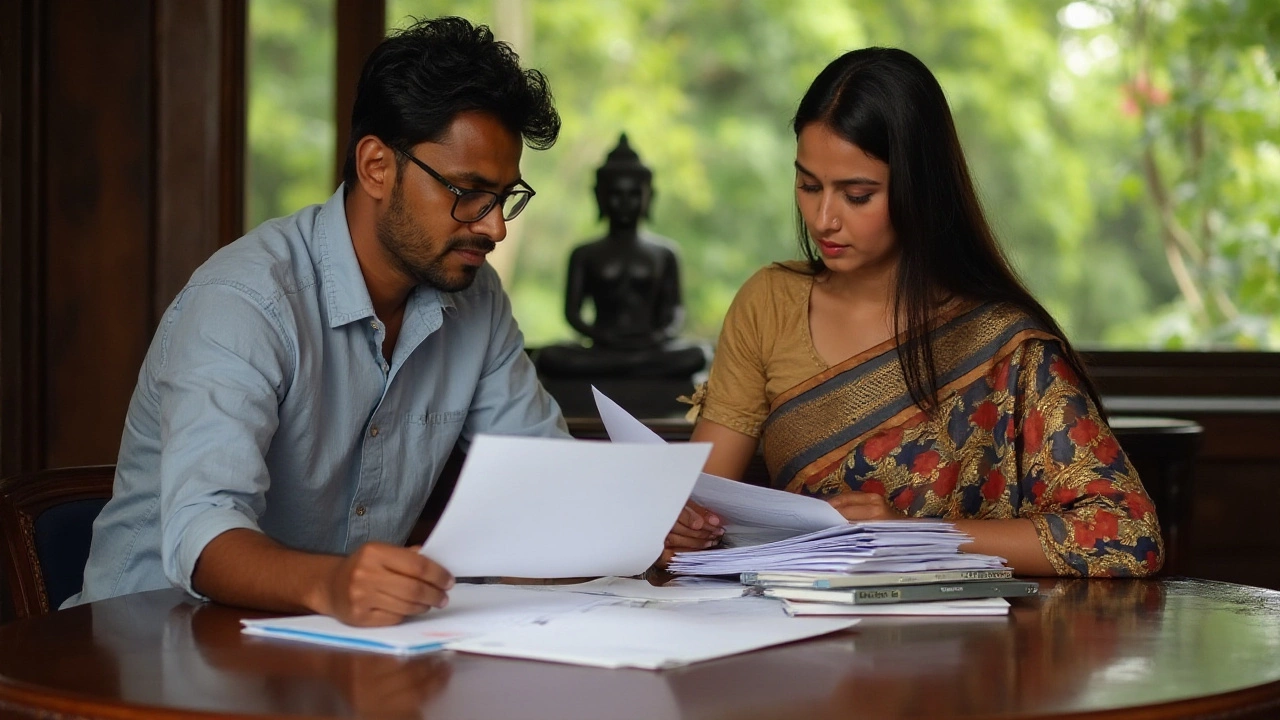Wills – Simple Guide to Making a Legal Will in India
Thinking about a will? Most people put it off because they think it’s complicated or expensive. The truth is, a basic will can be written in a few hours and protects your loved ones from a lot of hassle later.
Why a Will Matters
A will tells the court who gets your money, property, and personal items after you die. Without a will, the court decides for you, and the process can take months or even years. Having a clear document also cuts down on family arguments and saves money on legal fees.
How to Draft a Simple Will
1. List your assets. Write down everything you own – house, bank accounts, vehicles, jewelry, and even digital assets like online accounts.
2. Choose beneficiaries. Decide who gets each item. You can split an asset among several people or give it all to one person.
3. Pick an executor. This is the person who makes sure your wishes are followed. Choose someone trustworthy and organized.
4. Write the document. Use clear language: "I, Rahul Sharma, residing at 12 Green Street, Delhi, hereby bequeath my house at 12 Green Street to my wife, Priya Sharma." Include a statement that the will revokes any previous wills.
5. Sign and witness. In India, you need at least two adult witnesses who are not beneficiaries. All three parties must sign in each other's presence.
6. Store the will safely. Keep a printed copy in a fire‑proof box, and tell your executor where to find it. You can also register it with a Notary if you want extra security.
That’s it – six steps and you have a legally binding will. If you own property in another state or have a complex business, you might want a lawyer’s help, but for most families the DIY approach works fine.
Common mistakes to avoid: forgetting to update the will after a major life event, leaving out a beneficiary’s full name, or not having proper witnesses. A small oversight can cause big delays later.
Want more depth? Check out our related articles on family law, inheritance tax, and how to handle disputes during probate. Each piece gives practical tips you can apply right away.
Take a few minutes today to jot down your wishes. It’s a simple step that makes a huge difference for the people you care about.

Understanding Probate-Exempt Assets in Virginia Wills
Navigating the probate process in Virginia can be perplexing, especially when it comes to understanding which assets are exempt. Certain assets bypass the probate process, offering beneficiaries a smoother transition. This article lays out key information about non-probate assets in Virginia, shedding light on types of accounts, jointly-owned properties, and trust assets. It also offers practical tips for properly structuring an estate to minimize potential legal hurdles.